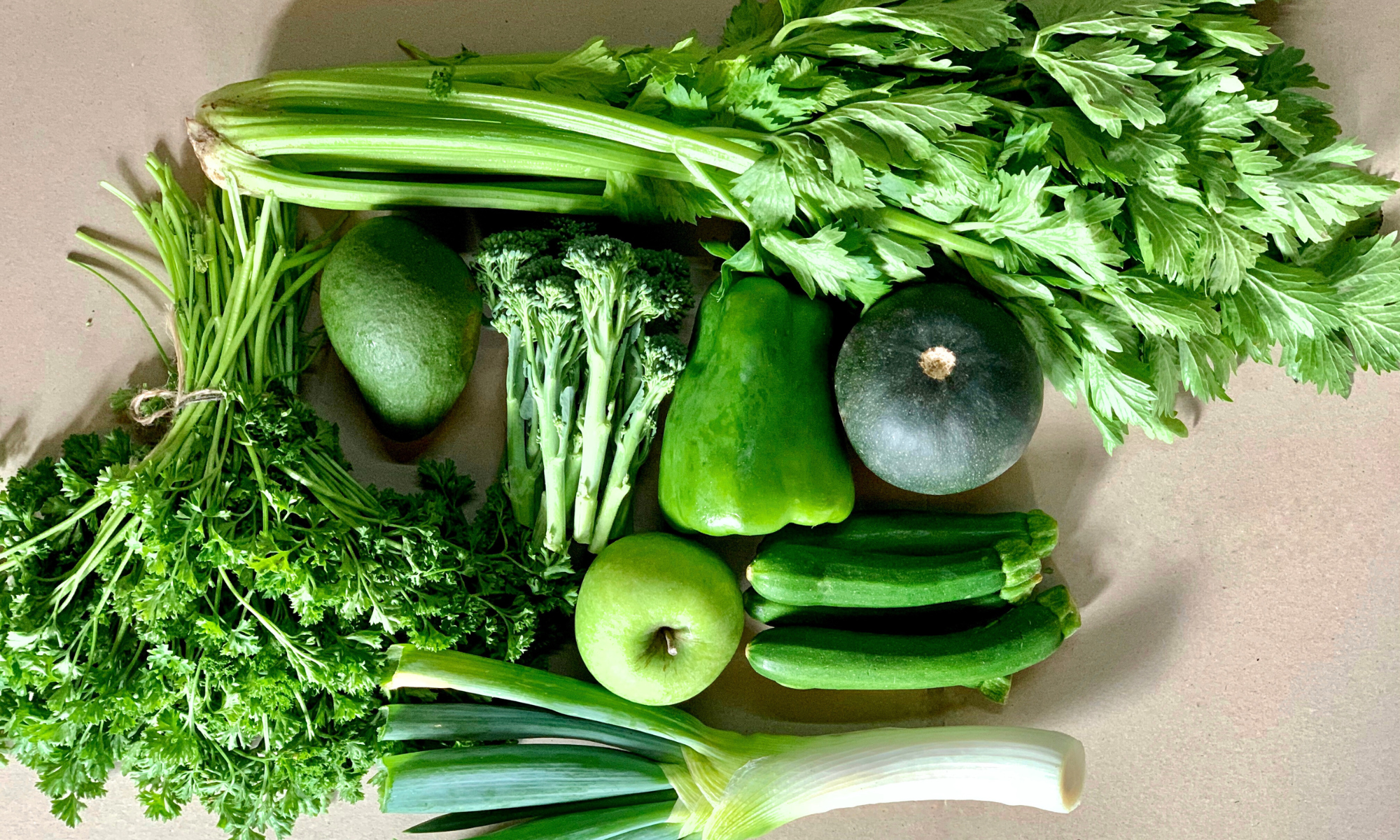Organic vegetables offer a multitude of potential benefits for consumers when compared to non organic produce. Find out where to source quality organic vegetables in our guide below.
Vegetables by category
Quality ingredients. Real results.
What are the benefits of organic vegetables?
Are organic vegetables healthier?
While studies on the nutritional differences between organic and conventional produce have yielded mixed results, there is growing evidence that organic vegetables often contain higher levels of certain nutrients, including antioxidants, vitamins, and minerals. Organic farming emphasizes soil health through natural practices such as crop rotation, composting, and the use of organic matter, which can enhance the nutritional content of the vegetables.
For example, organic vegetables may have higher levels of vitamin C and polyphenols, which are important for immune function and reducing oxidative stress in the body. These compounds play a key role in fighting free radicals that contribute to chronic diseases like heart disease, diabetes, and cancer. Moreover, organic farming methods often promote healthier soil ecosystems, which in turn can lead to richer, more diverse crops with better nutrient density.
Do organic vegetables taste better?
Chemicals used in conventional farming, such as pesticides and fungicides, not only affect the health of the environment and workers but can also have a subtle impact on the taste of the produce. Some research suggests that the use of certain chemicals may alter the natural flavor compounds in vegetables, resulting in a less flavorful product.
Organic farming, by eliminating or minimizing chemical interference, allows vegetables to develop and express their natural flavors in a way that’s closer to how nature intended. The result is a cleaner, purer taste without the chemical aftertaste or subtle bitterness that can sometimes accompany conventionally grown produce. Read more
Are organic vegetables better for the environment?
At the heart of organic farming is a commitment to maintaining and improving soil health. Conventional farming often relies on synthetic fertilizers to boost crop yields, but these chemicals can degrade soil quality over time, depleting essential nutrients and damaging the natural microbial ecosystem. Organic farming, on the other hand, prioritizes soil health through sustainable practices such as composting, crop rotation, and the use of cover crops.
By avoiding synthetic chemicals and focusing on organic matter, organic farming helps to maintain a balanced, living soil ecosystem. Healthy soil retains more moisture, supports a wide variety of beneficial organisms (like earthworms and bacteria), and reduces the need for external inputs. When the soil is healthy, the plants grown in it are more resilient, better able to resist pests and diseases, and can produce higher-quality crops. This emphasis on soil health ensures that farming practices are sustainable in the long run, preventing the soil from becoming depleted or poisoned.

The Organic Conclusion
While organic pork may be slightly healthier due to fewer chemicals, antibiotics, and potentially better animal welfare practices, the nutritional differences between organic and conventional pork are generally small. If you’re mainly concerned with avoiding chemicals or supporting more sustainable and humane farming practices, organic pork may be a better choice. However, for those looking to maximize health benefits, it’s important to also consider other factors like overall dietary patterns and the types of meats you consume.
